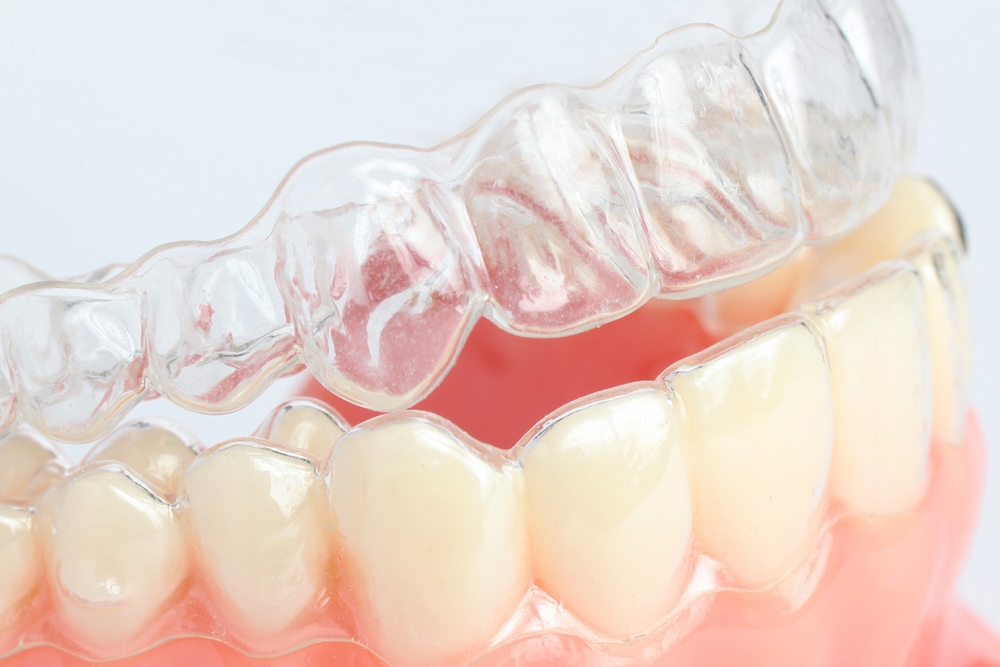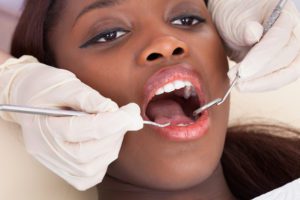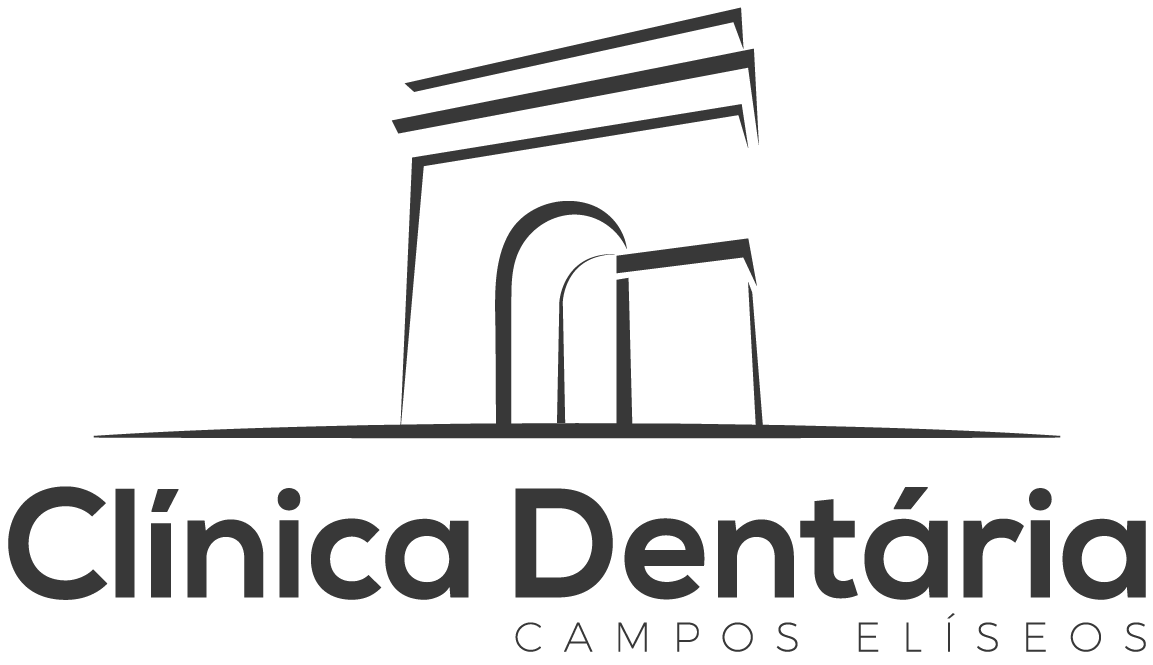
21 May The dental occlusion
Dental occlusion: all contacts between the maxillary teeth (attached to the skull) and the teeth of the lower jaw (which is mobile).
Have a good occlusion is a crucial element for your health.
But in some cases these contacts are incorrect, for example if bad habits move teeth, or teeth extracted were not replaced and the remaining teeth are no longer in balance. Dental treatments, orthodontic or prosthetic may also create obstacles.


WHEN SHOULD YOU CONSULT?
If the forms or instead of teeth allow them more fit properly when tightening, the jaw then shifts to get this nesting. This adaptation of the mandible position can lead to clenching of the jaw muscles or to difficulties in the articulation of the mandible. The movements are so upset or painful.
The situation is aggravated if the patient greenhouse many teeth as is the case in stressful situations. While muscle problems can turn into real blockages and pains of joint region irradiate the entire side of the head.
MUSCULOSKELETAL DISORDERS
In fact, the offset position of the mandible goes unnoticed in most cases and patients tolerate well this situation … Until or other worries add up. If the patient greenhouse teeth at night, or is stressed during its work, the displacement of the mandible can disrupt skull posture of the spine. Appear then pain the neck or shoulders. The whole body posture may be affected by a significant and prolonged mandibular imbalance.
But many other causes can result in pain that these terms mean the end of musculoskeletal disorders (MSDs). The teeth and occlusion are they responsible for the pain that ruin your life and you have trouble identifying? It must then consult your dentist or your doctor, and ask that your dental occlusion is evaluated.
The exam is difficult and the diagnosis often difficult. But the treatment is simple. He generally uses behavioural advice, or oral orthotics or even occlusal equilibration. When you know that 20% of the population would be affected by occlusion disorders it is good to remember that because of musculoskeletal disorders.

Our advices
- According to their causes and their importance occlusion disorders may cover different treatments.
- Some disorders of occlusion not amenable to a result and not to treat. Your dentist can diagnose and, if needed, provide treatment.
Occlusion is how your dental arches come together when you close your mouth
Disorders of the occlusion may create musculoskeletal disorders, particularly in the jaw joints

